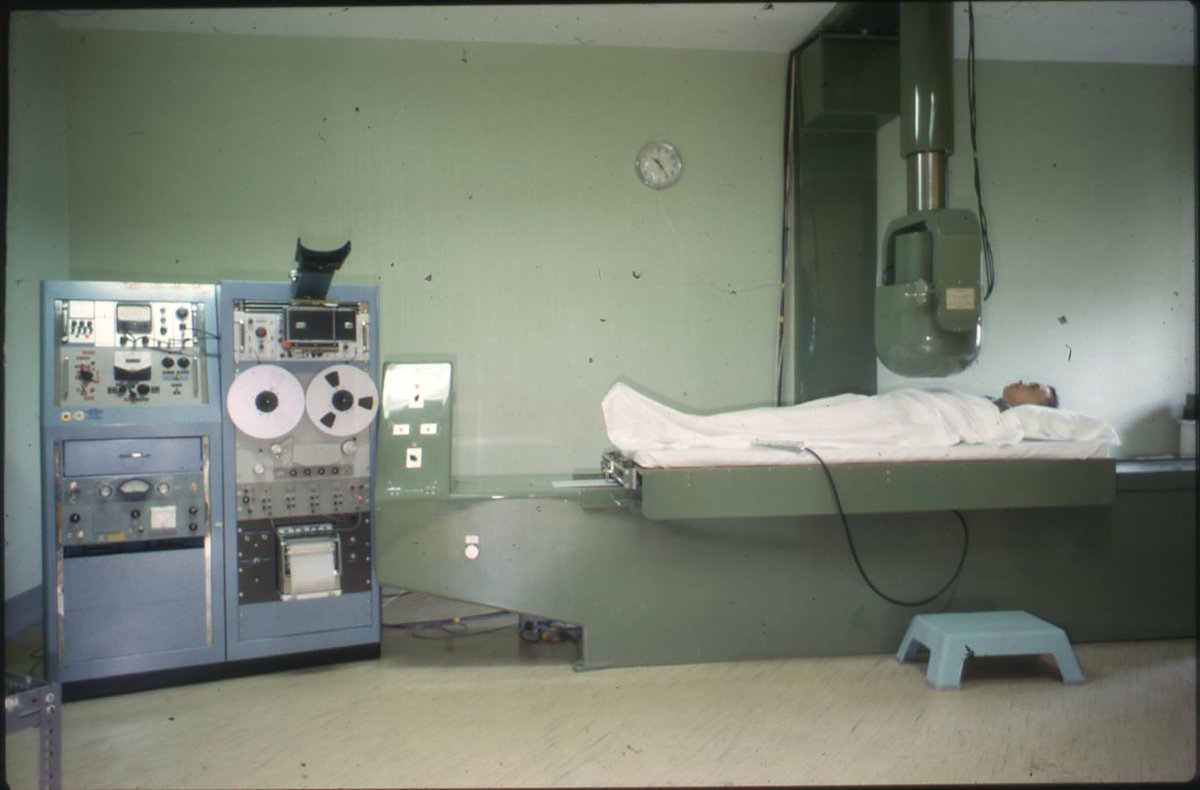
This was a week of interesting conversations, both public and private. In two cases, I was asked to clarify *why* rural folks think in particular ways around climate change, especially pipelines and the 'just' transition to green energy. A thread:
[Note: I do not speak for all rural residents. These are my opinions, drawn from what I see and hear. They are by no means universal].
Pipelines: farmers grow crops, and the majority of those crops are sold on the international market, shipped far and wide. To get those crops to markets, they are shipped in grain cars on rail lines. It is the only option.
Every farmer worries and frets whenever we see massive trains made up of railcars shipping oil and oil products. We have had grain backlogs in the past, especially when oil was the hotter commodity.
When we can't take our grain to the elevator, because they can't get railcars for grain shipment, those backlogs directly affect farm income flow, cascading across our operations. (How long can you go without a pay cheque?)
So most farmers, given the choice, would support pipeline capacity, including building new pipelines, to get oil off the railcars. Yes, it's a me-first viewpoint. It's also practical.
[Side note: rural abandoned wells, environmental cleanup and responsible oil business management are major issues at the farm gate. Farmers do appreciate this complexity, but oil car derailment is also feared].
Second issue: transitioning to a green economy, rebalancing energy production to include more solar, wind, geothermal. Most farmers support this, and many already use small-scale devices in strategic ways (powering pumps, electric fences, weather monitoring stations, etc).
More farms would likely be very interested in developing larger scale operations on-farm if we could sell excess into the grid without penalty. Think of sun and wind as crops to be harvested, and there could be support.
Where the breakdown in support hits a hard wall is when the call is for immediate shifts away from fossil fuels.
Those who advocate for this immediate shift include a concept of a 'just' (ie fair) transition, wherein oil industry workers are supported to retrain.
Those who advocate for this immediate shift include a concept of a 'just' (ie fair) transition, wherein oil industry workers are supported to retrain.
But this 'just' transition will not be just, as farms cannot participate. It's one thing for an urban household to buy an electric or hybrid vehicle. It's not remotely feasible to force a farm to transition all of their high-horsepower farm machinery to alternatives.
The technology does not exist at the capacity required.
Nor, frankly, could a farm make that transition economically viable in anything under a very long window, say at least 20, more like 30 years or more. Plus, our machinery production plants would require a complete overhaul.
Nor, frankly, could a farm make that transition economically viable in anything under a very long window, say at least 20, more like 30 years or more. Plus, our machinery production plants would require a complete overhaul.
You can't magically buy what isn't available, and we aren't there yet. So most farmers hook an eyebrow and squint sideways at these ardent, serious, and idealistic calls for an immediate transition away from fossil fuels.
The oil industry workers wouldn't be the only ones affected. Few to no farms in Canada could transition, until and unless the technology (electric machinery of high horsepower capacity) exists and is widely available at reasonable prices.
And finally, let's not forget that transition from one power source (internal combustion engine) to another (electric) simply moves emissions to a different place. We have much work to do to. It's worthwhile work, it's part of the conversation and we need to plan well.
An ardent and loud push for an immediate transition does not account for rural needs. It sounds tone deaf to many farmers, and simply adds to the rural-urban divide. So the rural vote goes where it does.
Last point: I am not here to argue against the calls and scientific consensus around environmental climate change or its urgency.
I aim to, in a small way, showcase the view from the farm gate and why it's different. I hope it gives you some new perspective.
I aim to, in a small way, showcase the view from the farm gate and why it's different. I hope it gives you some new perspective.
• • •
Missing some Tweet in this thread? You can try to
force a refresh








